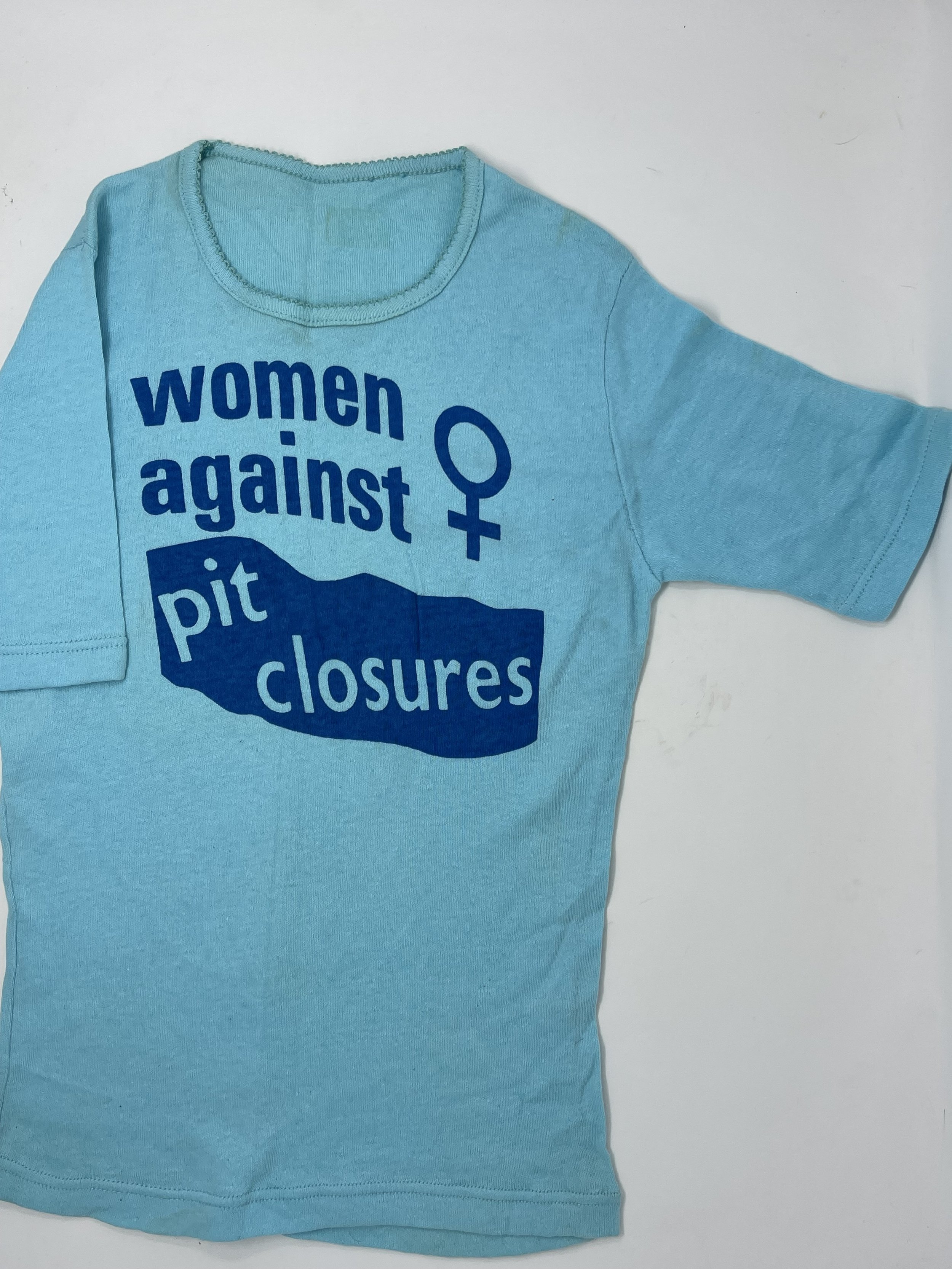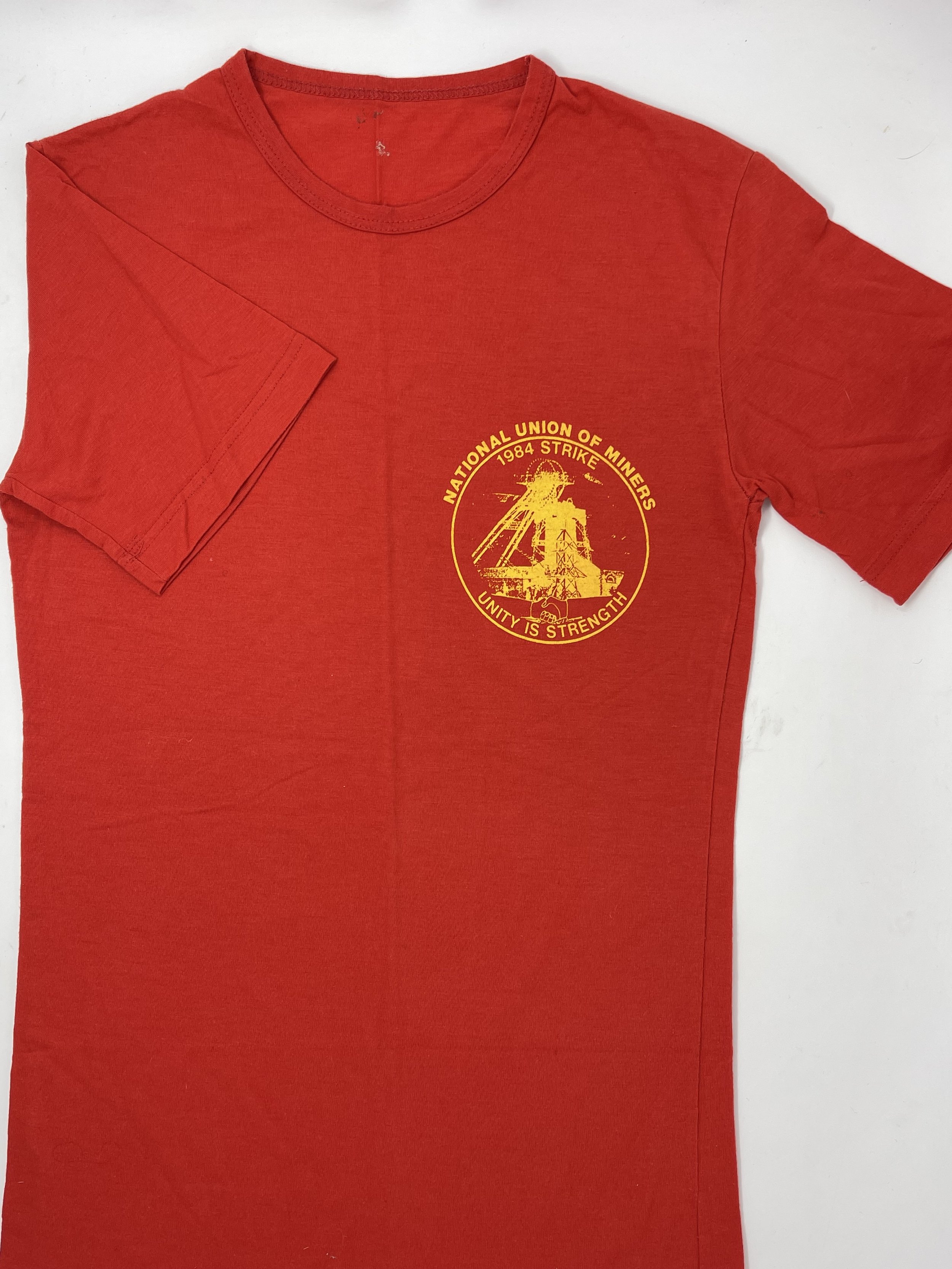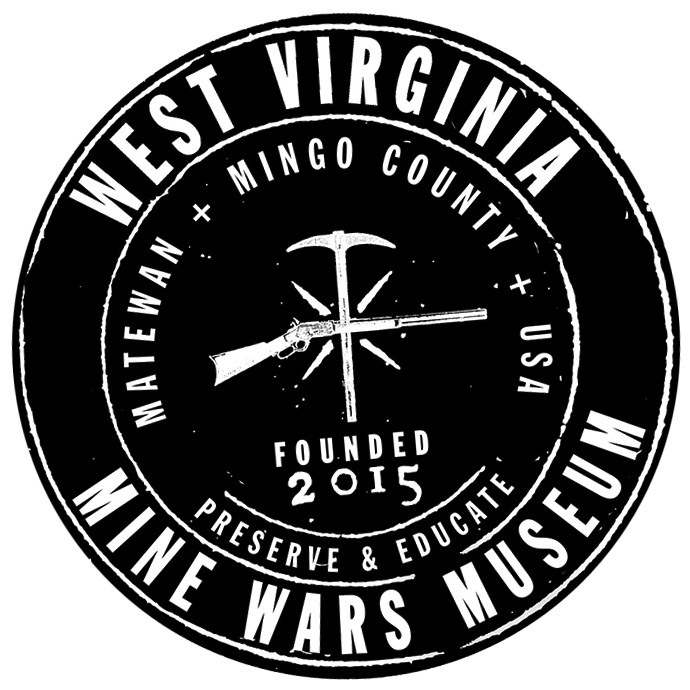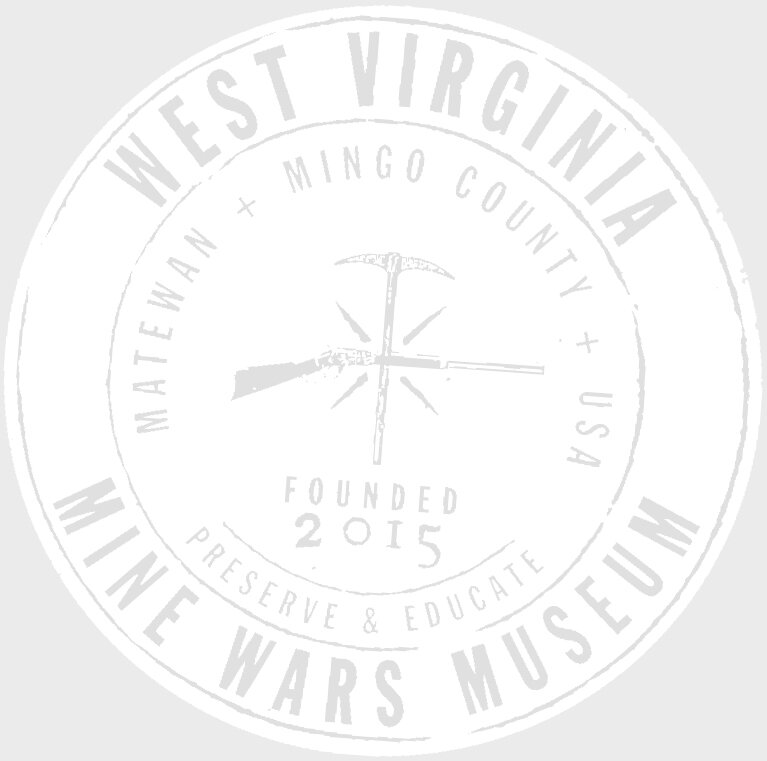Pride happens year round and to celebrate that the West Virginia Mine Wars Museum commemorates Lesbians and Gays Support the Miners, an organized effort in the lesbian and gay communities in the United Kingdom to support the year-long National Union of Miners strike of 1984-1985.
Marching in solidarity. Photo courtesy of Lesbians and Gays Support the Miners.
The strike began in response to plans by the British Government, under Prime Minister Margaret Thatcher, to close down mines that had become more and more expensive to operate. With the British coal industry having been nationalized since 1947, the NUM had been able to successfully force concessions from the government in previous strikes. The 1974 strike was particularly successful, even playing a major part in the downfall of Edward Heath’s Conservative majority in Parliament.
Thatcher and her National Coal Board chair Ian MacGregor, however, were prepared for a strike. In the leadup to the strike, Thatcher ordered the creation of mobile police units to counter flying pickets, built up a six-month government stockpile of coal, and took advantage of the lack of a national NUM strike authorization vote before the strike began. The Thatcher government also choked off NUM funds at the national level, meaning that relief donations to the national organization would not reach striking miners.
Following the 1984 Lesbian and Gay Pride March in London, Mark Ashton and Mike Jackson founded Lesbians and Gays Support the Miners on June 30. As was the practice for groups supporting the strike, the London LGSM group partnered with the mining communities of the Neath, Dulais, and Swansea Valleys in Wales to provide relief directly to them. Over the course of the strike, London LGSM raised £22,500 (or £73,000 in 2021 money) for those Welsh mining communities. Ten other LGSM groups provided support for striking miners across Great Britain.
Mark Ashton (left) and Mike Jackson. Photo courtesy of Lesbians and Gays Support the Miners.
The strike was a failure, and mine closures proceeded in the aftermath of the strike, costing thousands of jobs. The British coal industry was privatized in 1994, and the last deep-mining pit in Britain closed in 2015.
The work of LGSM continued outside of the strike. At the 1985 Labour Party Conference, LGSM successfully lobbied for the adoption of an anti-discrimination resolution in the party platform. They also campaigned against the homophobic Section 28 of the Local Government Act of 1988. The NUM supported LGSM in this struggle.
Lesbians and Gays Support the Miners was memorialized in the 2014 film Pride and the 2016 book of the same name. The People’s History Museum in Manchester currently holds and preserves their archival collections.
T-Shirts printed in support of the miners’ strike. In the collection of the West Virginia Mine Wars Museum.


Flyers advertising benefits in support of the striking miners. Photos courtesy of Lesbians and Gays Support the Miners.





